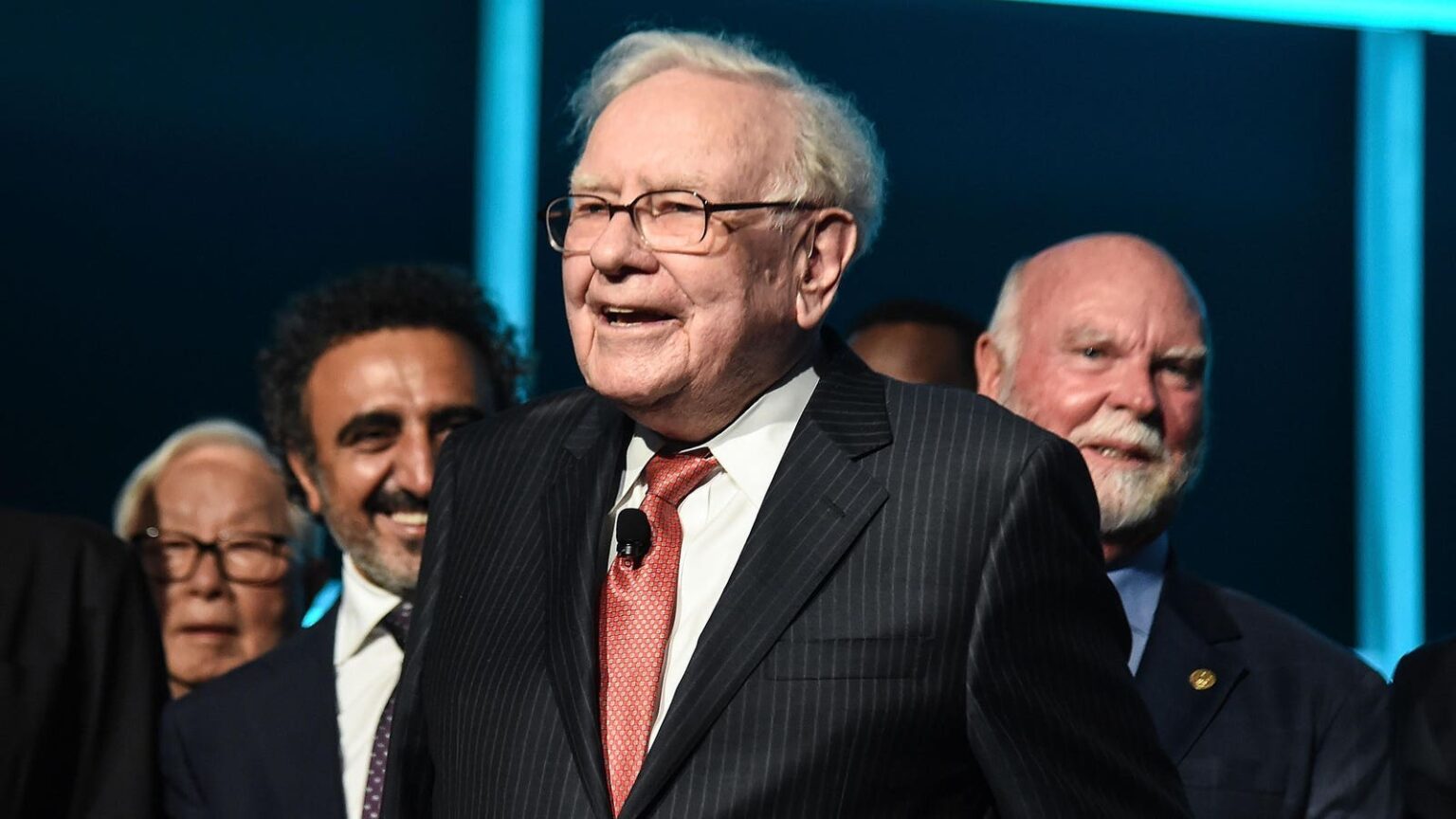Warren Buffett released his 2024 annual shareholder letter on Saturday, drawing the immediate attention of investors and business leaders worldwide. As stakeholders parsed the document for insights into Berkshire Hathaway’s condition, they were rewarded with the wisdom that has made Buffett a legendary figure in finance. This marks the 60th year of Berkshire under his leadership, with the conglomerate’s market cap now exceeding $1.1 trillion. While its unprecedented success is evident, the intellectual architects who shaped Buffett’s investment philosophy deserve recognition for their contributions to this remarkable legacy.
Benjamin Graham: Establishing the Value Framework
Benjamin Graham, widely regarded as the father of value investing, provided Buffett with his fundamental understanding of markets. Graham’s essential principle—that purchasing a stock means acquiring partial ownership in a business—revolutionized Buffett’s market approach. Rather than seeing stocks as tradable securities, Graham taught Buffett to analyze the underlying business and determine its intrinsic value. This perspective enabled Buffett to look beyond market volatility and make decisions based on business fundamentals rather than price fluctuations.
Philip Fisher: Mastering Deep Research Techniques
While Graham supplied Buffett’s value foundation, Philip Fisher introduced him to the critical importance of comprehensive research and high-quality businesses. Fisher’s “scuttlebutt” methodology—collecting intelligence about companies from diverse sources including competitors, suppliers, and customers—became integral to Buffett’s research process. Fisher’s emphasis on identifying companies with sustainable competitive advantages, or “moats,” significantly influenced Buffett’s gravitation toward businesses with enduring market positions and pricing power.
Ed Thorpe: The Mathematics of Risk and Concentrated Positions
Ed Thorpe contributed two vital elements to Buffett’s investment approach: survival prioritization and strategic concentration. Thorpe’s principle that investors must first ensure survival before pursuing returns helped shape Buffett’s disciplined risk-management philosophy. Additionally, Thorpe’s strategy of making concentrated investments when possessing a clear advantage reinforced Buffett’s comfort with portfolio concentration. This influenced his willingness to make substantial commitments when identifying exceptional opportunities, rather than diluting returns through excessive diversification.
Charlie Munger: The Quality Revolution
No individual has influenced Buffett’s evolution as an investor more profoundly than Charlie Munger. Munger guided Buffett’s transition from Graham’s strict value approach toward focusing on exceptional businesses available at reasonable prices. He particularly emphasized the power of companies that could transform commodities into branded products commanding premium margins. Munger’s influence led to Buffett’s iconic investments in companies like Coca-Cola, where brand strength and operational efficiency created durable competitive advantages.
The Management Masters: Leo Goodwin, Tom Murphy, Henry Singleton, and Bob Kierlin
GEICO’s Leo Goodwin, Capital Cities/ABC’s Tom Murphy, Teledyne’s Henry Singleton, and Fastenal’s Robert Kierlin exemplify the exceptional executives who shaped Buffett’s appreciation for superior leadership. Murphy’s disciplined capital allocation at Capital Cities/ABC, Singleton’s pioneering share repurchase strategy at Teledyne, and Kierlin’s innovative distribution approach at Fastenal demonstrated how skilled management could generate extraordinary shareholder value through different methodologies. Their collective influence taught Buffett the importance of identifying and backing talented leaders capable of building enduring cultures of excellence. This appreciation for exceptional management has guided his preference for retaining successful leadership teams after Berkshire acquisitions, allowing them to continue creating value with minimal interference.
The collective wisdom of these mentors transformed Buffett from a pure value investor into a more sophisticated practitioner focused on business quality, competitive durability, and extraordinary management. Their teachings emphasized that successful investing requires more than identifying undervalued stocks—it demands understanding business fundamentals, conducting thorough research, managing risk effectively, recognizing quality, and backing superior leadership. These principles have not only directed Buffett’s personal success but have become the foundation of Berkshire Hathaway’s enduring investment philosophy and exceptional market performance over six decades.
Read the full article here


